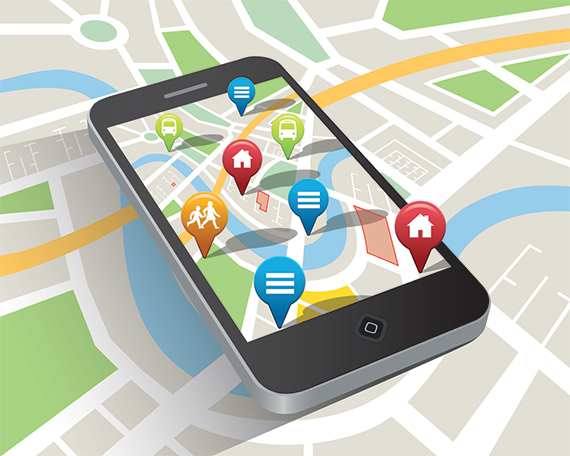1 Blockchain
Blockchain technology can both provide secure evidence of the ownership of assets and effectuate transfers of or encumbrances on those assets.
It can allow every property to have its own digital address where all information relating to it may be stored, in a universal system on a national or international scale. This would include ownership and financial information, taxes, bills, liens, easements, building performance, physical characteristics and the transaction history relating to the property. Access to such information can be either available to anyone or encrypted with limited access.
Blockchain technology will provide for fast, efficient and secure transfers of real property interests, and it can be used to enhance the efficiency of the mortgage finance sector to track ownership of the loan (or participation interests), borrower payments, covenant compliance and other loan activity, with smart contracts working to enforce obligations and identify defaults, potentially reducing mortgage servicing costs and due diligence costs.
2 Autonomous vehicles
Autonomous vehicles have the ability to transform how we think about and use real property, the same way that roads, waterways, railways and airports influenced the creation of cities and suburban centres.
The possibility for a revolutionary change in the location, use and design of buildings can not be understated. We have already seen an autonomous beer truck delivery in the US, but what about the following potential impacts?
People’s choice of where to live could be less dependent upon access to fixed public transportation networks and more disbursed. Children’s school choice could be less dependent on location and bussing. Car parks could be redeveloped for other uses or allow for more efficient use of total space as car parks are transitioned into developed property, as cars will move to less densely populated areas to “wait” for their owner, or more likely take on other activities, such as delivery of packages or driving others as an Uber car.
The need for appropriate logistic hubs for long-haul truck stops and logistics will change too, impacting many commercial and industrial properties as well.
3 Internet auctions
The use of internet auction sites and data rooms has been exploding over the past few years to help monetise real property and reach the largest group of potential purchasers quickly and easily.
We see this as useful for “commoditised” real property – simple to understand. However, for more complex transactions with larger price tags, its use may be years away, and will likely require a strong blockchain infrastructure.
4 Solar energy
Energy efficiency is something that developers strive for in their buildings as it helps their bottom line. In addition, the benefit of a LEED Certification in the US or a BREAM “Excellent” rating in the UK helps them draw in tenants.
However, the ability to use “wasted space” to generate electricity through solar panels will also economically benefit the owners and operators. Its primary benefit will be in suburban areas, schools, shopping centres, factories and warehouses, where the roof space is significant compared with the building density. As the cost and efficiency of the solar panels increases, they will become a common fixture in the landscape. Tesla’s new factory being developed in Nevada expects to be energy self-sufficient using solar panels.
In addition, buildings that generate solar power may be able to use smart contracts and blockchain technology to facilitate the negotiation and sale of this power into the national grid, enhancing the productivity of an investment.
5 Mobile applications – the great disruptor
Mobile applications and the ability to work remotely will affect the need for and how we use office space. We already see companies that use hoteling to allow their workforce to work flexibly and other companies like WeWork that create a sublease shared office space environment that are competing with traditional models. This age of flexible work environments will change how offices are designed and used, and owners will need to adapt to keep their assets financially viable. We may also see applications using augmented reality (such as the recent hit Pokemon Go) start to affect the real estate sector as well.
Jackie Newstead, global head of real estate, Hogan Lovells London, and Lee Samuelson & Lewis Cohen, partners, Hogan Lovells New York











